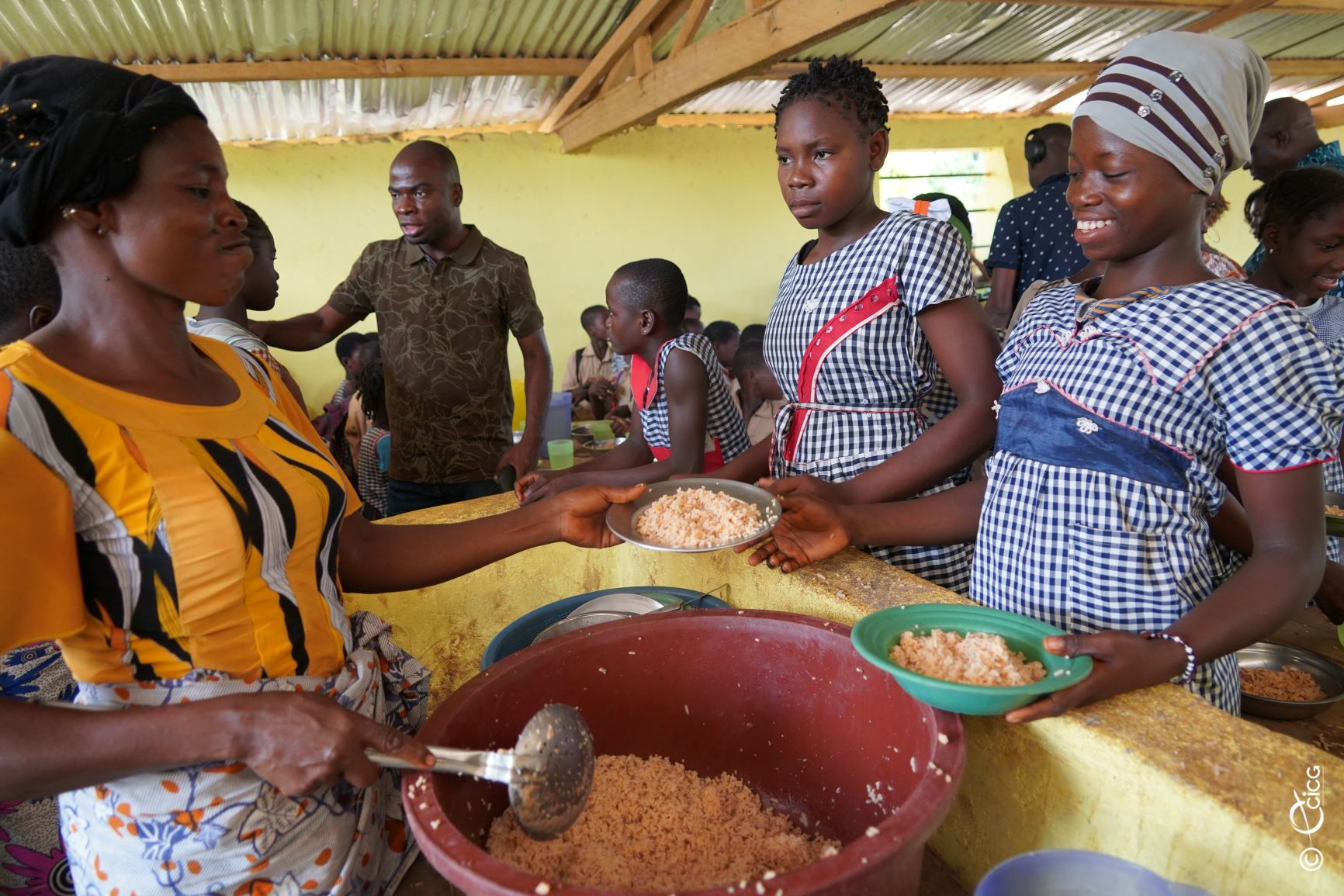The launch of the Bouaké Cardiology Institute (ICB) in the first quarter of 2025 marks a transformative step for healthcare in Ivory Coast and Africa. This national public hospital aims to enhance cardiology services, reduce mortality rates, and provide high-quality medical training. Strategically located in Bouaké, ICB will operate alongside the Abidjan Institute of Cardiology to improve access to specialized heart disease treatments. With a capacity for thousands of consultations and surgeries annually, the institute is expected to strengthen Ivory Coast’s healthcare system while boosting the economy through job creation and medical expertise. However, concerns such as funding sustainability, infrastructure challenges, and accessibility for lower-income populations remain critical. This article explores how the Bouaké Cardiology Institute will impact healthcare and the economy in Ivory Coast and the broader West African region.
Key Concerns Addressed in This Article
- Healthcare accessibility in Ivory Coast
- Sustainability of hospital funding
- Infrastructure development challenges
- Availability of trained medical professionals
- Impact on cardiovascular disease mortality rates
- Economic benefits of medical tourism
- Equitable access to specialized care
- Public-private partnerships in healthcare
- Technological innovations in cardiology
- Regional influence on West African healthcare
Bouaké Cardiology Institute Healthcare Impact on Ivory Coast and Africa
The healthcare system in Ivory Coast is undergoing a significant transformation with the launch of the Bouaké Cardiology Institute (ICB). Designed as a world-class cardiology center, the institute will not only improve heart disease treatment but also contribute to the country’s economic and medical advancements. As Ivory Coast faces rising cases of cardiovascular diseases, the ICB's role in early diagnosis, emergency care, and specialized surgeries will be crucial.
Economic Growth Through Healthcare Investments
The establishment of the Bouaké Cardiology Institute healthcare impact extends beyond just medical benefits—it has a direct influence on the economy. Investments in healthcare infrastructure lead to job creation, attract foreign partnerships, and encourage medical tourism. The ICB’s collaboration with institutions like the Montreal Heart Institute and Nantes University Hospital ensures knowledge transfer and skill enhancement for local professionals, reducing the need for expensive medical treatments abroad.
Moreover, the hospital’s construction and operation generate employment, from administrative roles to high-level medical professions. This development aligns with Ivory Coast’s broader strategy to modernize its healthcare sector, making it more competitive within Africa.
Addressing Healthcare Inequality and Accessibility
A major concern in Ivory Coast’s health sector is the disparity between urban and rural access to quality medical care. While Bouaké Cardiology Institute healthcare impact will significantly improve cardiology services, its benefits must reach all Ivorians, not just those in major cities. Policymakers need to ensure affordability and accessibility by subsidizing treatments for lower-income patients and expanding insurance coverage.
Additionally, transportation and accommodation for patients traveling from remote areas should be considered. Building complementary health facilities in underserved regions can further alleviate the burden on the ICB and strengthen nationwide healthcare access.
Reducing Cardiovascular Mortality Rates
Cardiovascular diseases are among the leading causes of death in Africa, often due to late diagnoses and inadequate healthcare infrastructure. The Bouaké Cardiology Institute healthcare impact aims to reduce the mortality rate by at least 25% through better diagnostic tools, advanced treatments, and public awareness campaigns on heart disease prevention.
The ICB’s emergency response unit will play a key role in managing heart attacks and strokes, ensuring that patients receive timely and effective care. By integrating cutting-edge medical technology and skilled professionals, the institute aspires to set a new standard for cardiology care in West Africa.
The Role of Public-Private Partnerships in Healthcare Development
The success of the Bouaké Cardiology Institute healthcare impact depends largely on sustainable funding and efficient management. Public-private partnerships (PPPs) can help ensure long-term financial stability, allowing for continuous improvements in equipment, staffing, and patient services.
Ivory Coast’s government must work alongside private investors and international medical organizations to maintain the hospital’s excellence. Incentives for pharmaceutical companies, medical suppliers, and research institutions can further strengthen the ICB’s capacity to serve both local and regional populations.
Conclusion: A Landmark Achievement for Ivory Coast’s Health Sector
The Bouaké Cardiology Institute represents a significant milestone in Ivory Coast’s healthcare evolution. Its impact extends beyond medical advancements to economic growth, education, and regional healthcare leadership. However, ensuring that its services remain accessible, well-funded, and efficiently managed will determine its long-term success.
If effectively integrated into the national health strategy, the ICB has the potential to become a reference center for cardiology in Africa, reducing the burden of heart disease and transforming Ivory Coast into a healthcare hub. By addressing the critical concerns outlined, this initiative can truly revolutionize medical services for Ivorians and beyond.










